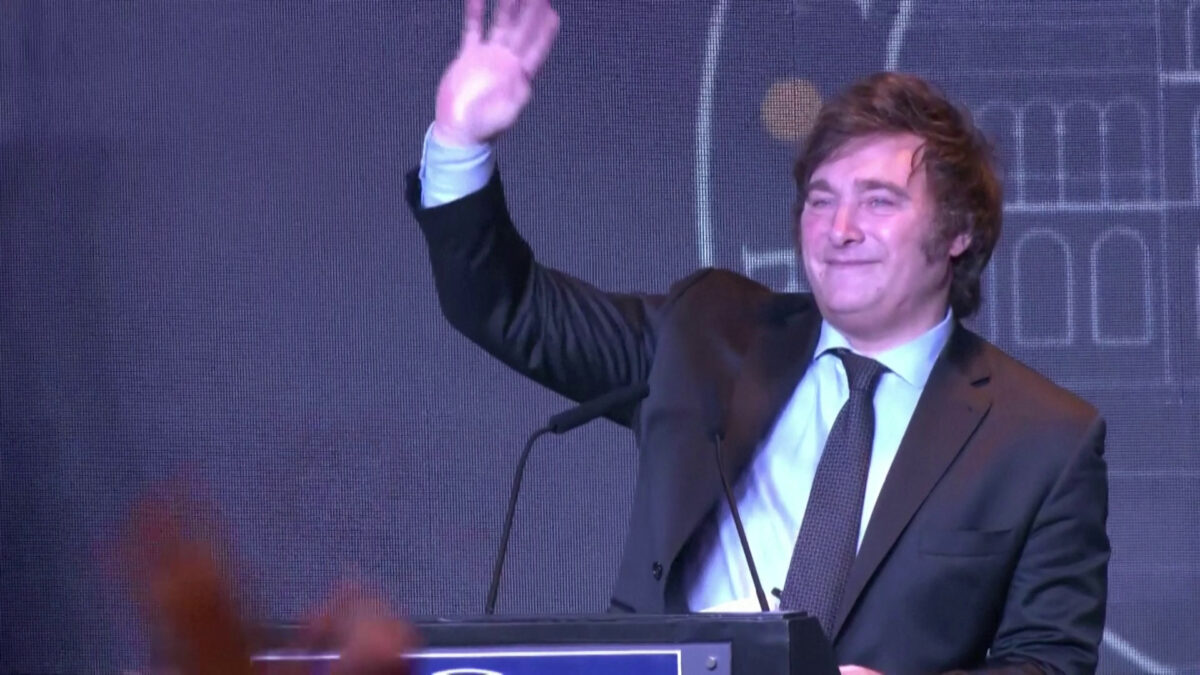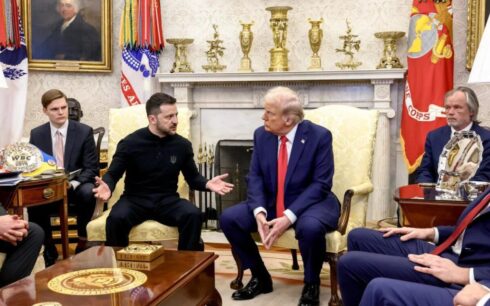In a surprising turn of events on Sunday (November 19), Argentina chose right-wing libertarian Javier Milei as its new president, opting for an outsider with radical views to address the economic challenges of triple-digit inflation, an imminent recession, and escalating poverty.
Milei, capitalizing on voter dissatisfaction with the political mainstream, secured a broader-than-anticipated victory, securing 56% of the vote compared to just over 44% for his rival, Peronist Economy Minister Sergio Massa, who conceded.
In his victory speech, Milei expressed gratitude, stating, “I want to thank everyone, and this could not have ended in any other way. Long live freedom, damn it. Long live freedom, damn it. Long live freedom, damn it. God bless the Argentines.”
Pledging economic shock therapy, Milei’s ambitious plans involve closing the central bank, abandoning the peso, and implementing substantial spending cuts—reforms that struck a chord with voters frustrated by the economic downturn.
However, Milei faces significant challenges, including grappling with the government and central bank’s depleted coffers, a $44 billion debt program with the International Monetary Fund, inflation nearing 150%, and a complex web of capital controls.





